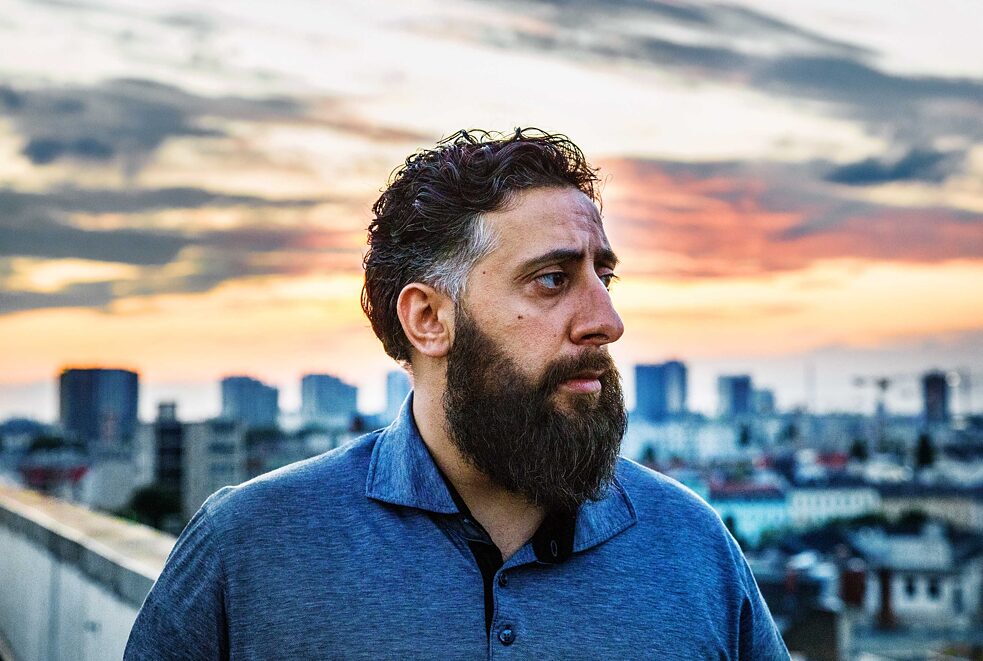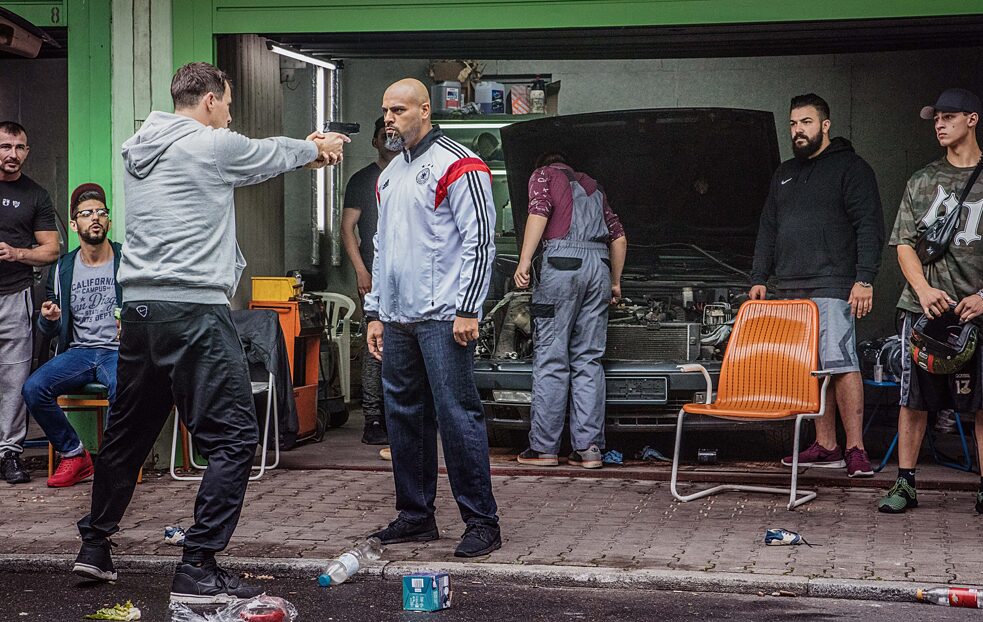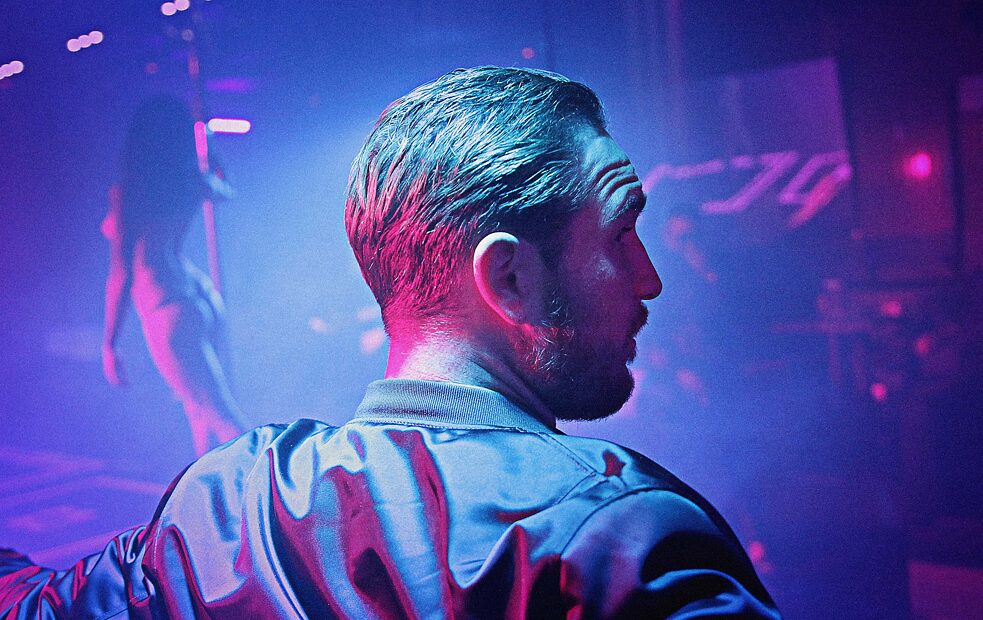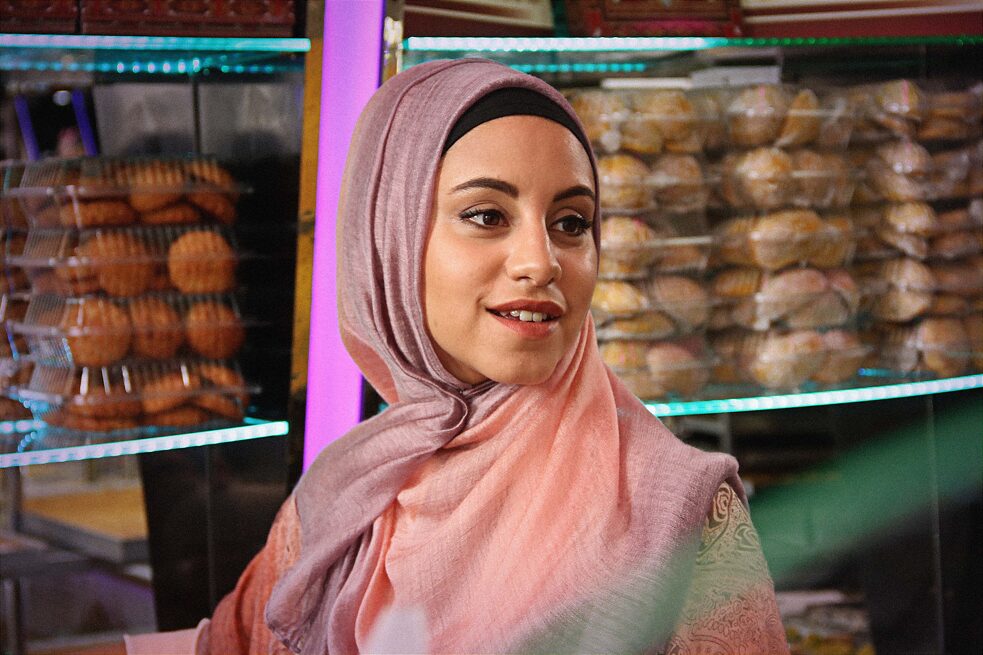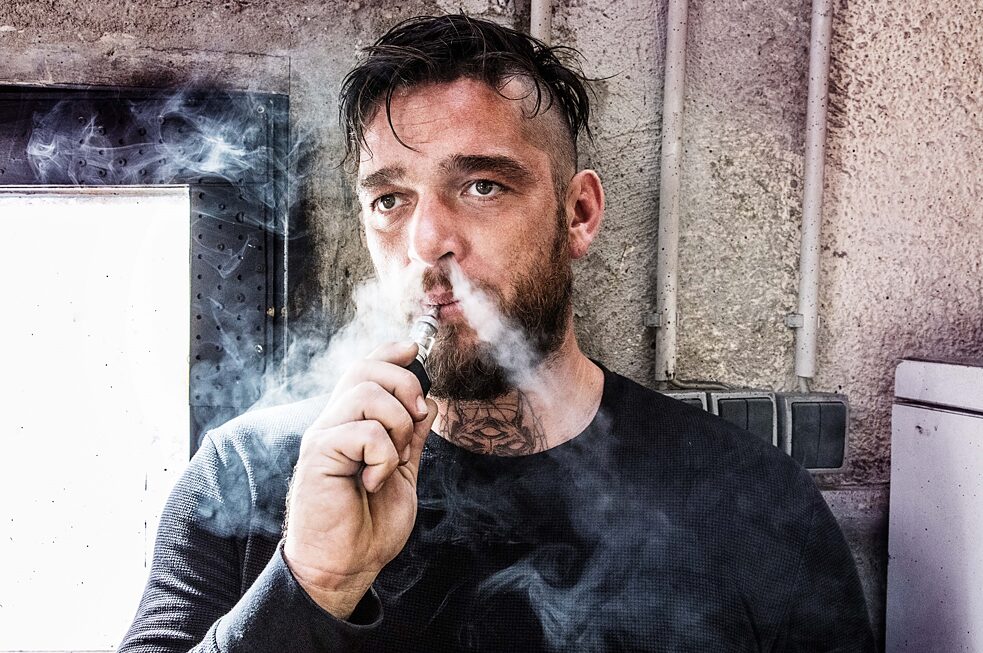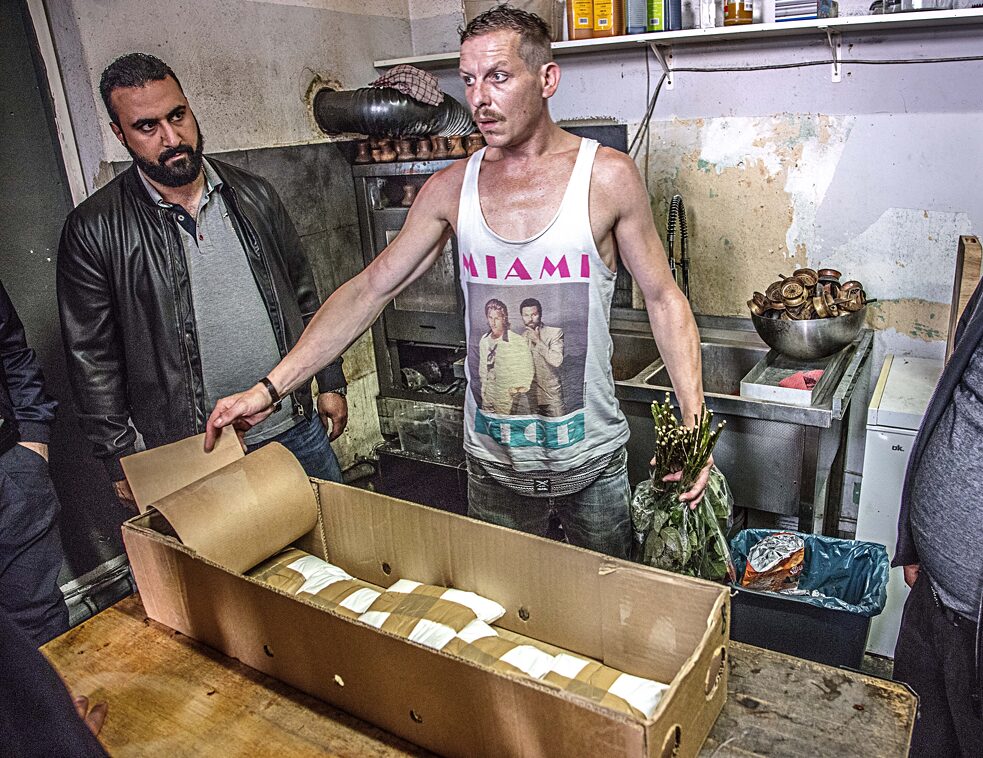German Series in the USA
4 Blocks: Berlin is ours now!
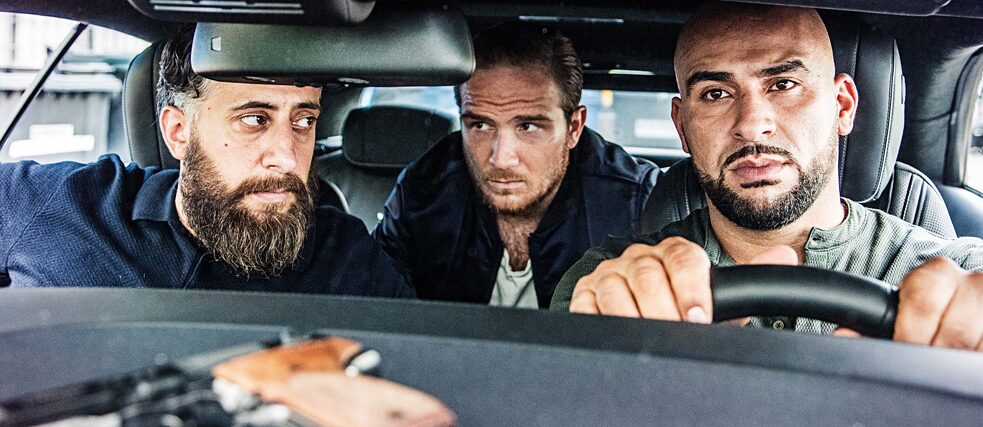
“4 Blocks” is or was without doubt the most influential German-language television series of recent years. Ever since, every major broadcaster and streaming service in Germany has wanted its own urban crime story with an authentic smell of the street and guest star rappers. However, “4 Blocks” is of course far more than just proof that joining forces with the German hip hop scene can result in a TV series that will appeal even to the Instagram and Tik Tok crowd.
By Sascha Ehlert
It is clear just seconds into the first episode that 4 Blocks is different. A young man sits eating outside a snack bar; Arabic can be heard in the background. Another young man calls him over to his scooter: “Yallah, come here.” And we the viewers go along with them, we set off with the two guys on their scooter, blasting their way down Sonnenallee in Berlin’s Neukölln district and then across into Kreuzberg and on to Görlitzer Park, where they swap drugs for money with black street dealers; and all to the sound of the droning, cheerless beat of a rap by Hasan K. – a Neukölln musician who was virtually unknown before 4 Blocks: “Junkies have Isyan and sorrow; his drugs replace a mother’s warmth; he drools and dribbles, now crystal is his chow.”
Though this may sound rather banal at first and nothing that hasn’t been done before, it constituted a minor revolution for German audiences. That’s because anything on German TV that does not depict mainstream society tends traditionally to be either hopelessly unauthentic or ruthlessly exaggerated. Whenever a non-white character appeared in an episode of (Germany’s long-running crime series) Tatort, he would generally be a one-dimensional villain who was treated entirely without empathy by cameraman and director alike. Since 4 Blocks was released in 2017, it has at least become significantly more difficult for German film and television to take such an ignorant view of marginalized members of our society.
In terms of storytelling, 4 Blocks is very much the classic “organized crime” drama. We have the obligatory cat-and-mouse game with the top tier, and the predictable beefs with rival groups in the same business; first and foremost, however, 4 Blocks is a family saga. A story that depicts a group of men who are all related more or less directly to one another and who earn their money with violence and drugs; at the same time, though, light is shed on the lives of those who live on and with this dirty money – the girlfriends, wives, and children of the men. And this, to the series’ credit, 4 Blocks does very conscientiously. This is not the kind of series that uses its frame narrative merely as an excuse to show as much on-screen violence as possible. At least for much of the time, 4 Blocks succeeds in portraying its characters as real people, not just as perpetrators and victims.
Ali Hamady, the extended family’s “godfather” played by Kida Ramadan, is nicknamed Tony by his friends; this, of course, is an unmistakable allusion to Anthony “Tony” Soprano, a boss who is as intimidating as he is psychologically fragile, in the best series ever made about organized crime. Among all the corpses that the series churned out, “The Sopranos” succeeded in painting an impressively complex picture of a society, while at the same time deconstructing – for itself and for others – the concept of toxic masculinity long before this ever became a buzzword in the first place. By contrast, “4 Blocks” merely hints at the sadness and fragility that are concealed behind the violent facades of these men, getting bogged down for the most part in clunky clichés. Anthony Soprano and Christopher Moltisanti are characters we will never forget, that we almost remember in the same way as “real” people. Individuals that we hate and love at the same time. Whereas Ali and Abbas Hamady will always remain but characters in a really good series.
4 Blocks
Season 1 - 3 / 19 Episodes at 51-60 Minutes each.
Directed by: Marvin Kren (6 episodes, 2017), Oliver Hirschbiegel (3 episodes, 2018), Özgür Yildirim (10 episodes, 2018-2019).
Developed by Wiedemann & Berg Television and TNT Serie, “4 Blocks” was initially written by Hanno Hackfort, Bob Konrad, Richard Kropf and Marvin Kren, who also directed Season 1. The third season was penned by Hackfort, Frédéric Hambalek and Niko Schulz-Dornburg, based on a concept from Hackfort, Konrad, Kropf and Eckehard Weis.
Watch “4 Blocks” Streaming
In the US: Season 1 and 2
Amazon PrimeHBO Max
In Germany: Season 1 - 3
TNT Series on SKY
Amazon Prime
iTunes
